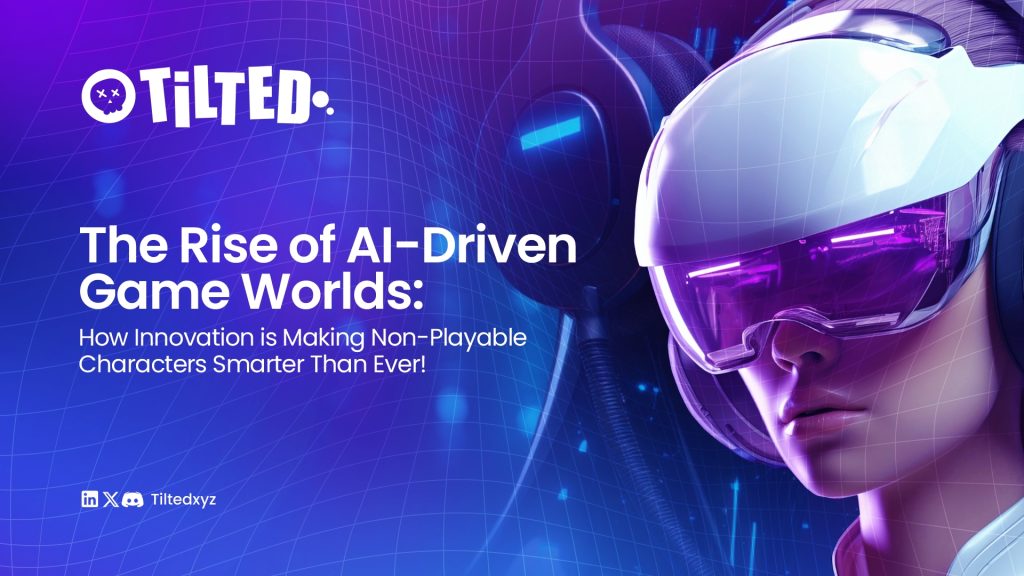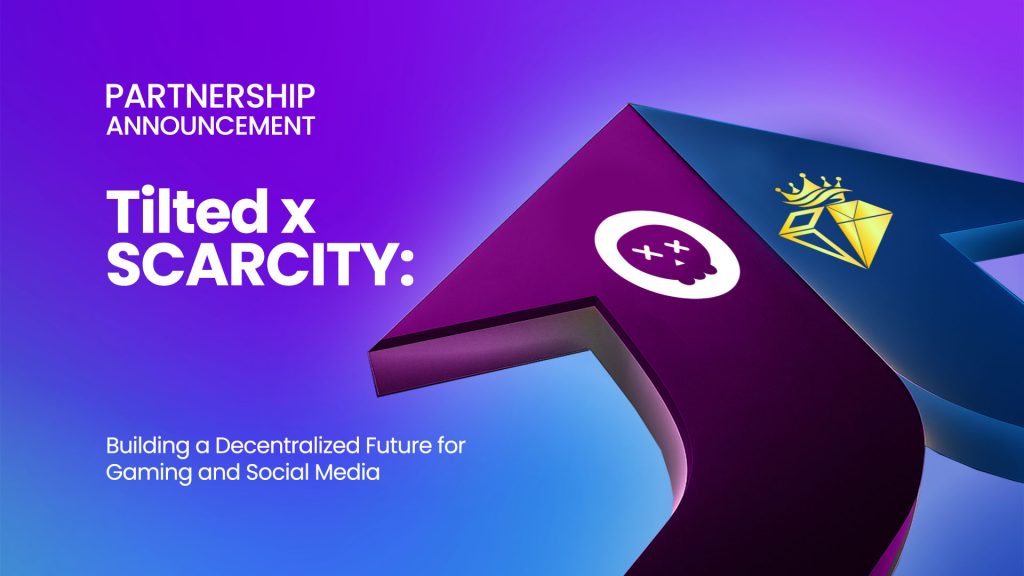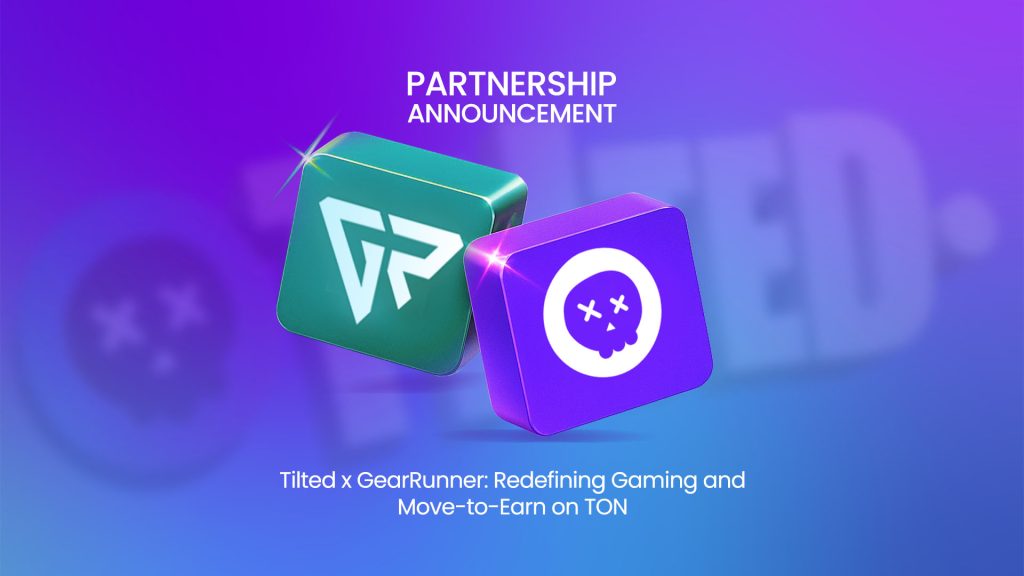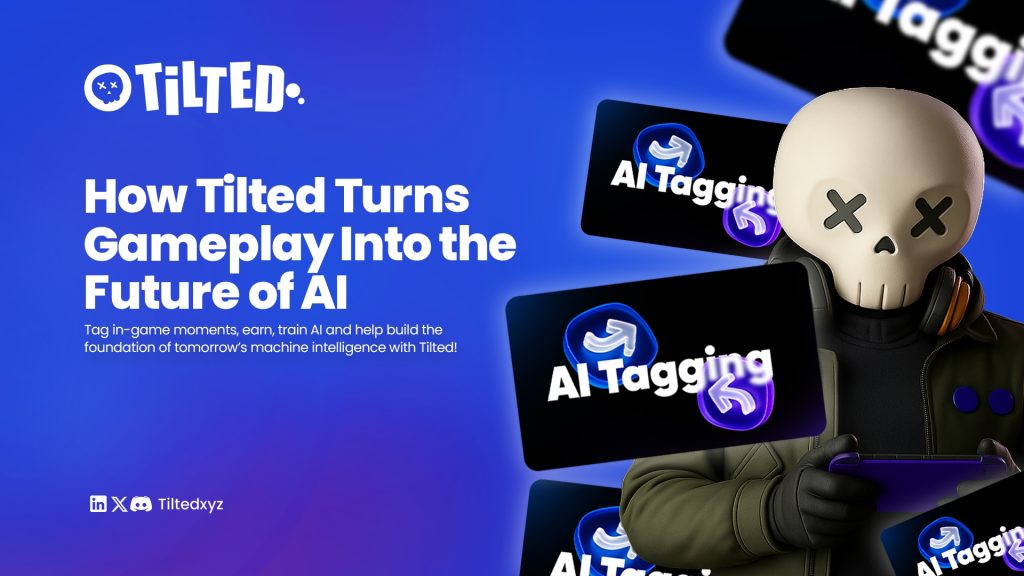There was a time when NPCs (non-playable characters) were little more than static cardboard cutouts. They stood in the same spot, repeated the same lines, and walked the same five-foot patrol route until the end of time—or until you accidentally launched them into orbit with a buggy physics engine. But those days are fading fast. Thanks to AI innovation, NPCs are finally getting an intelligence upgrade—and it’s changing the way we experience games from the ground up.
In 2025, AI isn’t just a buzzword. It’s embedded in the fabric of modern game design, powering everything from procedural storytelling to emotionally reactive characters. Studios like Ubisoft are developing tools like Ghostwriter, which uses AI to help generate dialogue that feels more human. Inworld AI and NVIDIA ACE are going even further, giving developers the ability to craft characters who not only react to your actions but can actually hold conversations, adapt to your playstyle, and evolve over time.
The result? NPCs that aren’t just set dressing, but actual participants in your journey.
Imagine entering a city in an open-world RPG where every shopkeeper, guard, or street kid remembers your past actions. Not because a quest designer scripted it—but because the AI driving them learned from how you interact. No more breaking immersion with “You’re finally awake” on your fifth Skyrim replay. Now, NPCs can remember your choices, react with nuanced emotion, and even challenge you in unexpected ways.
Games like The Finals are already using AI for dynamic voice lines, and modders are pushing games like Skyrim and GTA V into uncanny territory with AI-generated dialogue. The line between scripted and spontaneous is blurring, and it’s opening up entirely new forms of emergent gameplay.
But as with any powerful tech, there are caveats. Smarter NPCs raise tough questions—about bias in AI, overuse of procedurally generated content, and the weird valley where bots feel too real. There’s also the question of player agency: when AI starts driving the narrative, are you still the one in control?
Still, the potential is massive. For developers, it means faster prototyping, deeper worlds, and richer interactions. For players, it means games that are less predictable, more personal, and infinitely replayable.
We’re entering an era where your in-game decisions won’t just unlock a different cutscene—they’ll ripple across an ecosystem of responsive characters. Your reputation will matter. Your relationships will evolve. And your enemies might actually learn from their mistakes.
The NPCs are waking up. And honestly? It’s about time.



